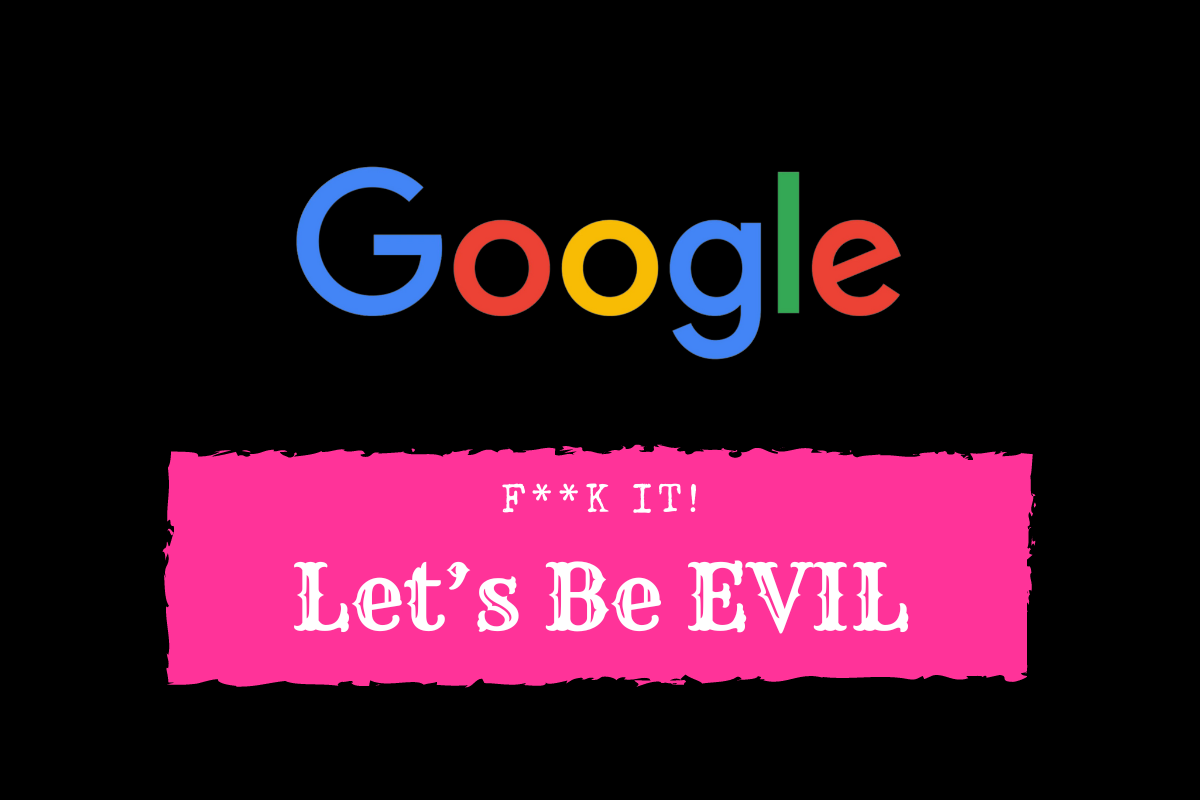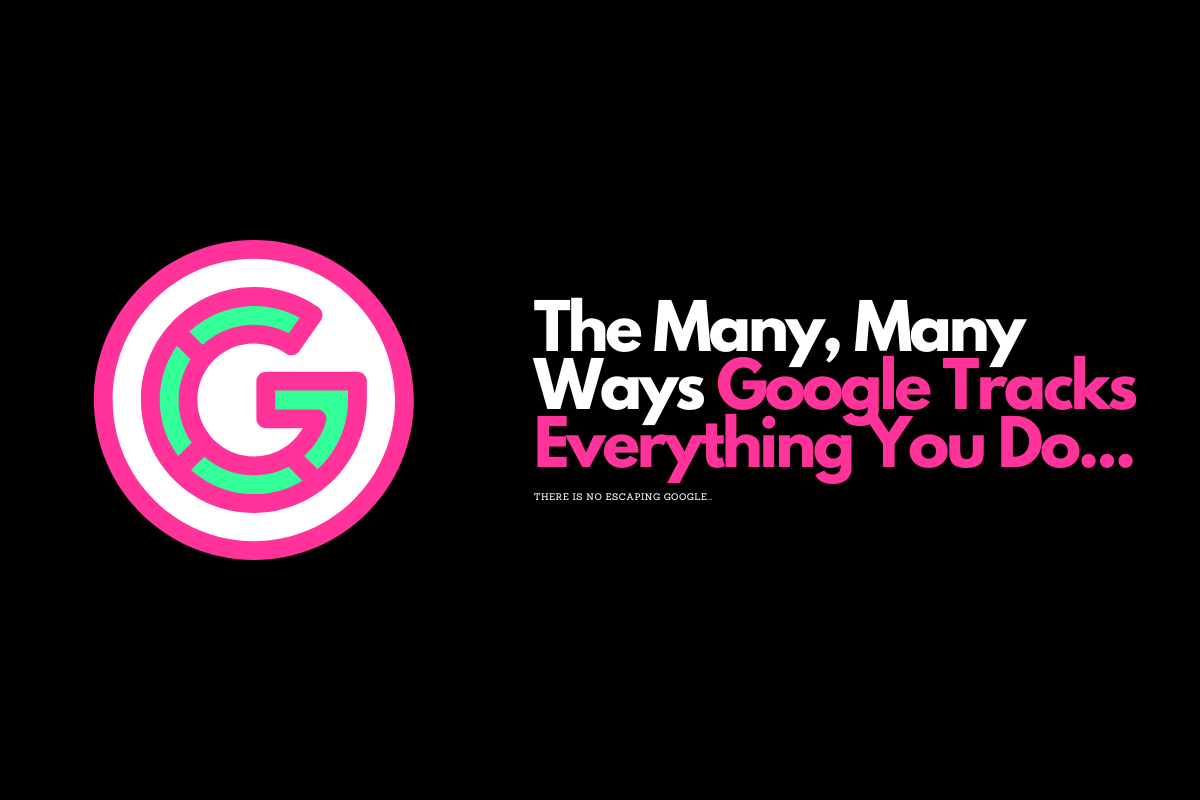Google is an advertising and data collection company first, and a search engine second – here’s why that matters
KEY TAKEAWAYS
Google has a vast user base, with billions of people using its services daily, providing the company with a constant stream of data.
Google collects data through various products, including search, Chrome, Gmail, Android, and more.
Google can track your:
- Web browsing habits
- Sites you visit
- Apps and games you use
- Videos you watch
- News you read
- People you contact or are in contact with
- Shopping and vacation destinations
- Exact location
- Payments and spending habits (through Google Pay)
Google’s business model, for the most part, is built on its advertising business and in order to be successful at doing ads, you need data. And that’s where you and I come in.
How (And Why) Google Tracks Everything You Do

Google lives for data. It is its lifeblood, how it makes billions of dollars every quarter.
And its lifeblood is ALL contingent on you.
Without you, or, more specifically your data, your likes, dislikes, shopping habits, as well as your friends and family, Google would not have a business.
This data, all of your likes and dislikes, interests, and location points, is what Google sells to its advertisers so they can target you with adverts and offers.
For example, a tracker that knows you recently browsed articles related to pregnancy, baby clothes, and miscarriage might indeed be able to find an ad you are likely to click. Because the systems that do this are automated, it is likely that no human looked at the data. But you may not feel comfortable with the idea of that information bouncing around a tangle of companies and algorithms outside your control.
MIT REVIEW
Meta does the exact same thing with Instagram and Facebook. But Google has way more reach into your life.
Google is everywhere: email, search, web browsing, web content (YouTube), apps, games, VPN services, carrier services, the list goes on and on and on and this makes it next to impossible to escape.
No One Can Escape Google Tracking
Billions of people use Google services every single day and this ensures Google has a steady flow of information (meaning data) to work with.
From its search product to Chrome to Gmail to Android, all roads lead back to Google’s data centers.
So, to recap: Google can track your email, web browsing habits, the sites you visit, the apps and games you use, the videos you watch, the news you read, the people you contact or are in contact with, where you shop, where you vacation, your exact location, your payments and your spending habits (Google Pay).
But that’s just the tip of the iceberg. Google has myriad products, including things like Google Analytics, which is used by an estimated 78% of websites.
So, even if you don’t use Android and you don’t have Gmail, Google can still find you and track you.
Google also uses other trackers, such as Global Site Tag, to gather data for its advertising program.
How To De-Google Your Digital Life

Essentially, you cannot use the internet without some of your data being shared with Google. Crazy, right? And people will readily argue that it isn’t a monopoly.
So, what can you do to limit Google’s tracking and protect your privacy?
While completely removing Google from your life is a daunting task, there are several steps you can take to reduce the amount of data the company collects about you.
And let’s be frank here: even by limiting your exposure to Google by a fraction can have a big affect on what it knows about you.
You don’t have to do anything too drastic, small changes can and will have big, positive effects in the short, medium, and long term.
Steps To Reduce The Amount of Data Google Collects About You
- Use alternative browsers: Instead of using Google Chrome, opt for privacy-focused browsers like Brave or Firefox, which automatically block Google’s trackers and offer additional privacy protections.
- Replace your Android OS: If you have an Android smartphone, consider replacing the default operating system with a more private alternative like GrapheneOS or LineageOS.
- Switch search engines: Use private search engines like DuckDuckGo, Qwant, or Brave instead of Google Search to avoid having your search history tracked and analyzed.
- Opt for encrypted email: Instead of using Gmail, switch to encrypted email providers like ProtonMail, TutaNota, or Mailfence to keep your communication private.
- Use private mapping services: Replace Google Maps with privacy-focused alternatives that don’t track your location data.
- Choose privacy-focused analytics: If you own a website, use privacy-focused analytics tools like Matomo Analytics, Fathom Analytics, or Simple Analytics instead of Google Analytics to avoid contributing to Google’s data collection.
Bottom Line?
If you’re concerned about the sheer amount of personal data that is collected by companies like Google and Meta, you’re not wrong – but you are in the minority.
Most people simply do not care. Google and Meta, as well as their business practices, are just part of the digital world.
But it really doesn’t have to be this way. There are ways of limiting the amount of data you share with the Big Tech firms.
And you know what? None of them are hard or even inconvenient – switching from Chrome to Brave is one of the best things I did in 2022. Ditching Gmail for Proton Mail was a complete eye-opener (in a good way).
Wanna learn more about this kind of stuff? We have a free 9-step guide you can download below – make sure you check it out!


